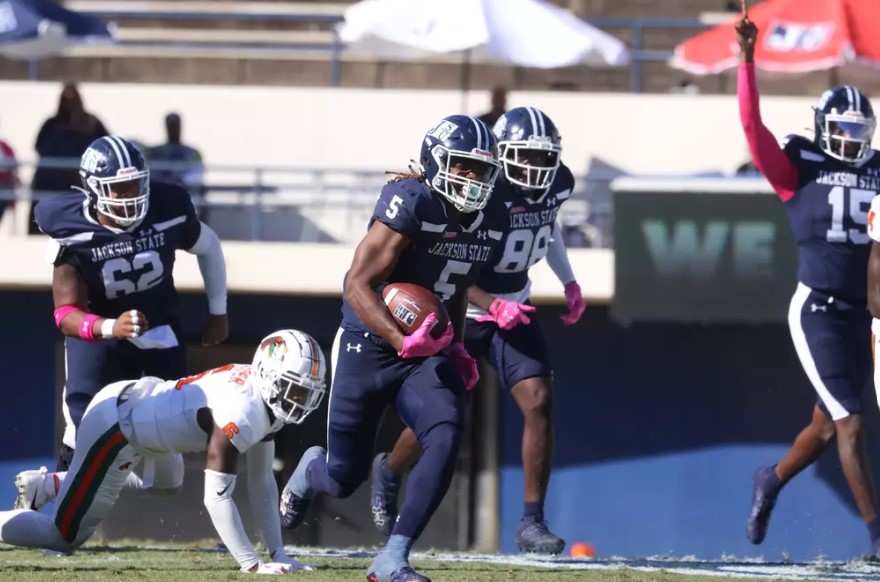During a recent meeting ahead of the Bayou Classic, SWAC Commissioner Charles McClelland indicated the league is stronger financially than it has been in recent years.
At Southern University’s Board of Supervisors meeting, McClelland highlighted that progress as well as an update on the ongoing Name, Image, and Likeness legislation that will have a far-ranging impact on the SWAC.
“The Southwestern Athletic Conference is as strong today as it has been in quite some time,” McClelland said. “Six years ago, we had institutions who had to give money back to the SWAC just so we could make payroll and pay the light bills. I’m pleased to say that we’re in a position now that the SWAC is the most funded FCS conference in the nation.”
Over the last two years, the SWAC has redistributed $28 million among its 12 member institutions, also the most in FCS currently.
McClelland also noted that the SWAC has established a presence in some of the key rooms of the NCAA offices.
“We’re trying to integrate ourselves in every aspect in intercollegiate athletics. For the first time in two decades, our chairman, Dr. Quinton Ross, sits on the NCAA board of directors, which means every decision that comes through the NCAA, the SWAC will have a vote,” he explained. “We have 28 individuals on NCAA committees. As we have these issues that arise, in the past, we did not have any representation. The SWAC has representation now at every level in the NCAA.”

McClelland addressed the House vs. NCAA settlement that has opened the NIL floodgates.
“It is now allowable for institutions to directly give NIL money to their student-athletes. That means there’s going to be an influx of athletes that are looking for NIL payments,” he said. “You’re going to have to have some name image and likeness money set aside to compete.”
McClelland explained that the House settlement, which will pay former athletes $2.8 billion over the next 10 years, will impact the finances of every SWAC institution.
“The SWAC conference’s contribution to that [settlement] is $30 million. Southern University’s portion of that is $3 million, so some of the revenue is going away. There’s going to be some challenging times from a financial standpoint.”
To counteract that, McClelland said that resources are in development to help each school compete in this new era of college athletics.
“We’re going to develop a best practice document that we’ll give to all presidents and chancellors as a guide,” he said. “We are in a good spot from a revenue standpoint; we’re going to be just fine, but it will take some additional effort. We will need NIL dollars on the inside, and we will work with you to help develop that. We’re going to continue to stay on top.”

